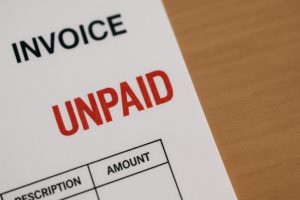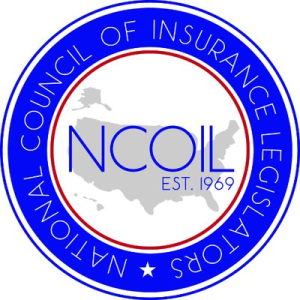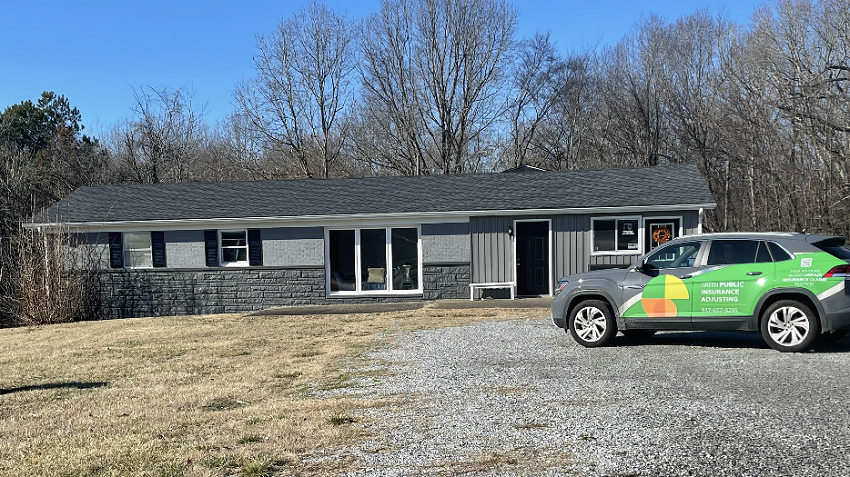
When Invoices Aren’t Enough: A Cautionary Tale for Ohio Contractors from Recent Federal Case Law
Recently, a Federal court’s ruling highlighted a critical risk for contractors who rely on contingency-based contracts. In this case, the contractor performed work and later asserted that approximately $50,000 remained unpaid, yet could not establish that the policyholder had an obligation to pay that amount. Because the contractor’s compensation was contingent on additional insurance recovery—rather than a price fixed by their contract—the alleged balance was treated as speculative rather than an actual debt.
In court, the contractor was unable to demonstrate whether the disputed amount represented unpaid work, eligible overhead and profit, or funds advanced by the business. The absence of a definite payment obligation left the court to conclude that the insurer had already satisfied the claim and that any remaining contractor charges were not legally due.
This outcome underscores the importance of clear, non-contingent contracts to protect contractors from performing substantial work without a legally collectible right to payment.









